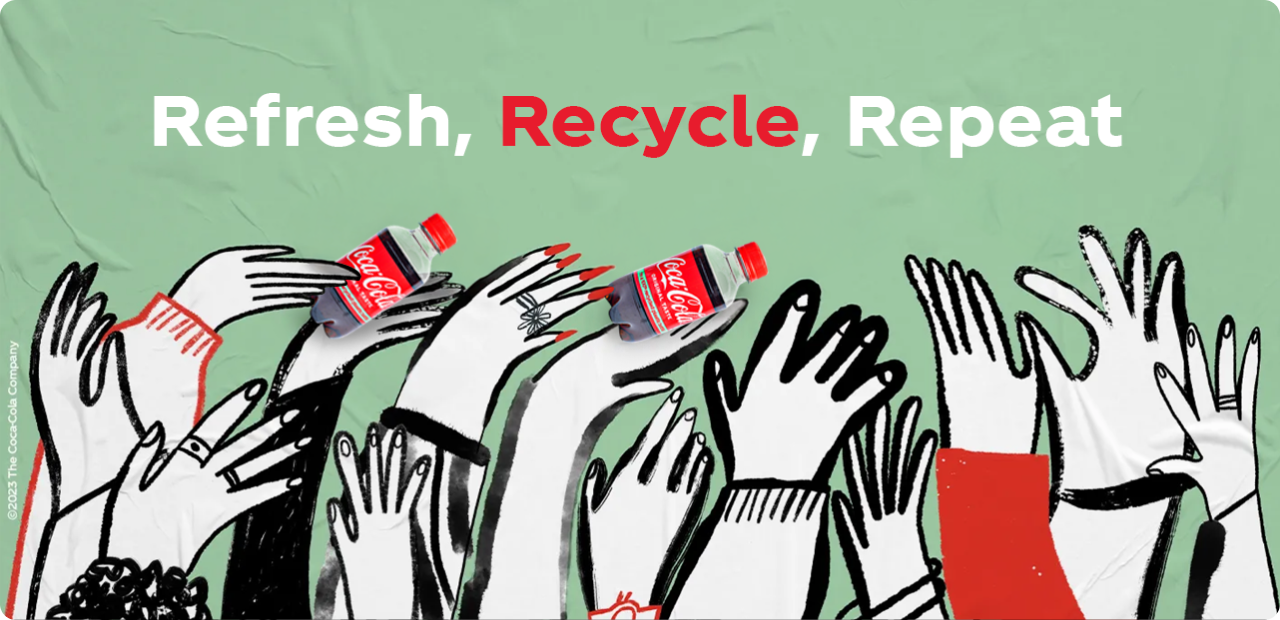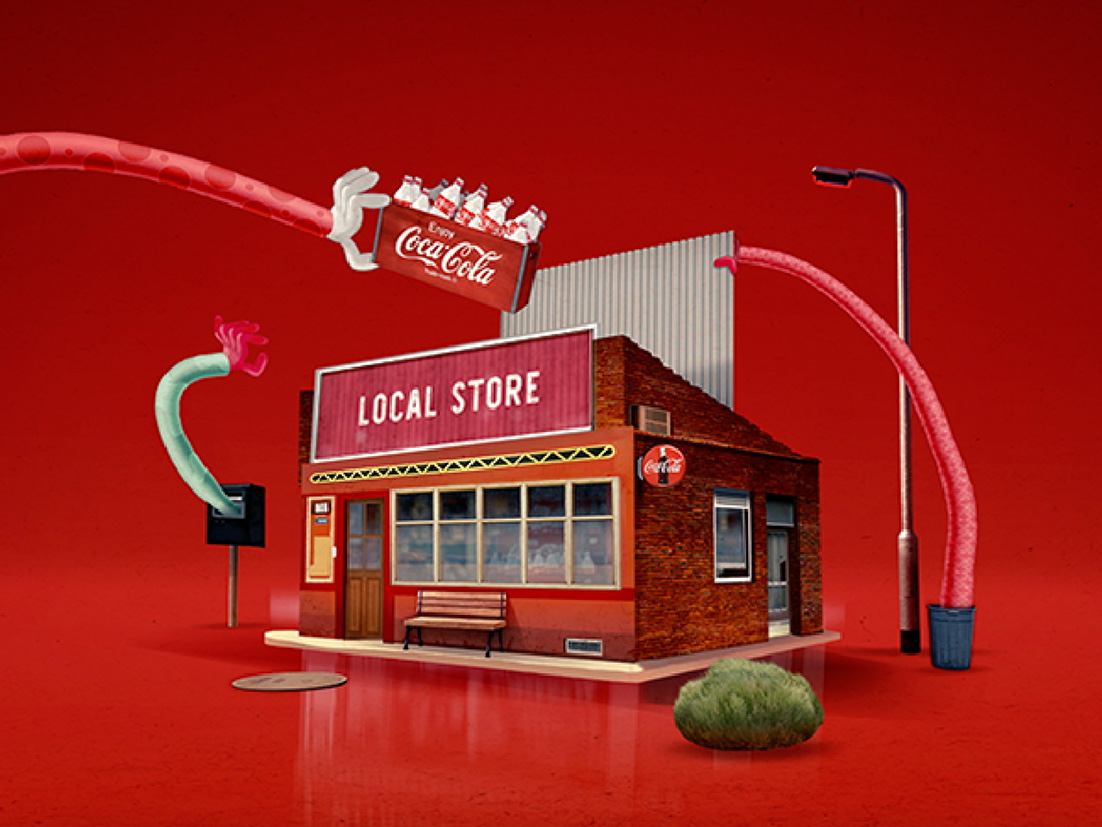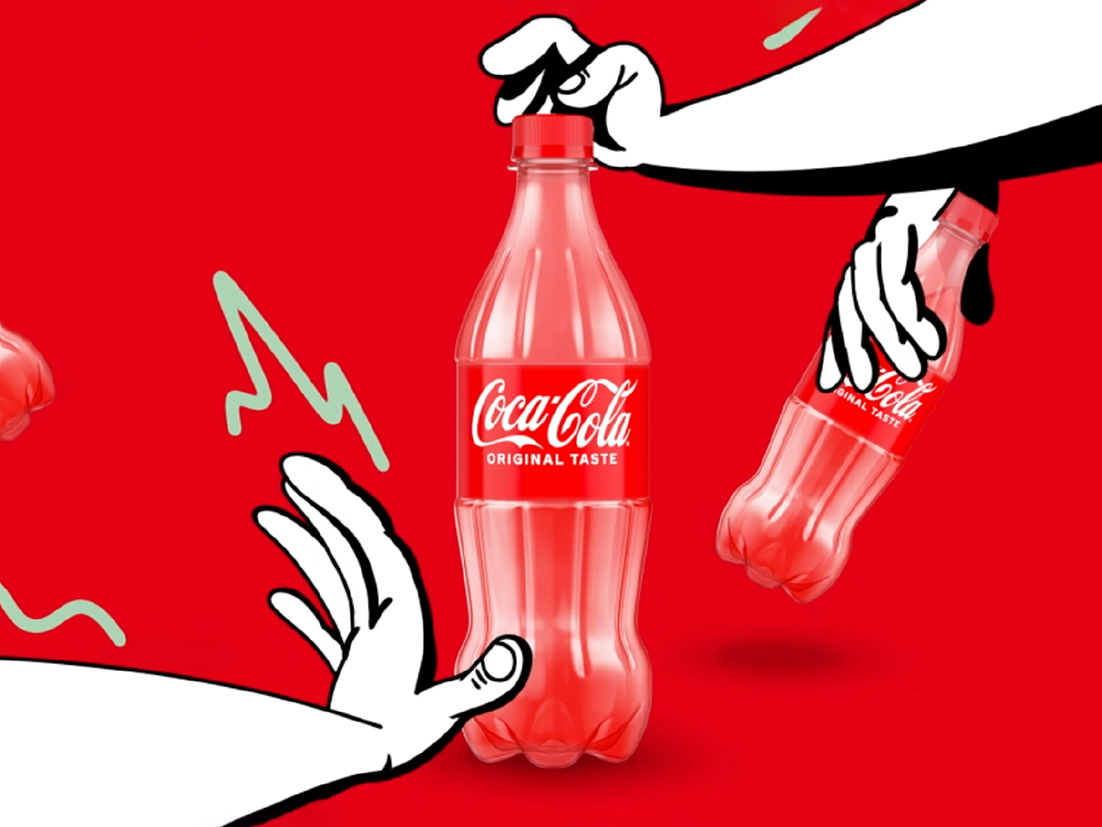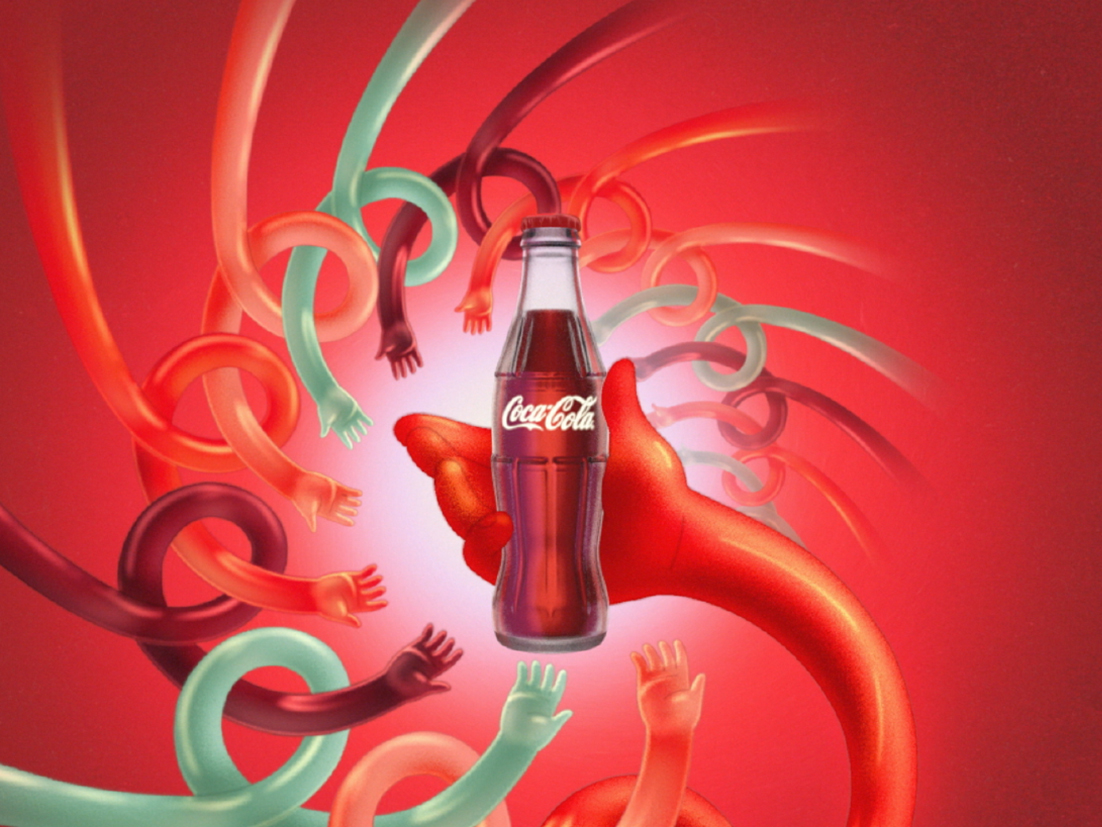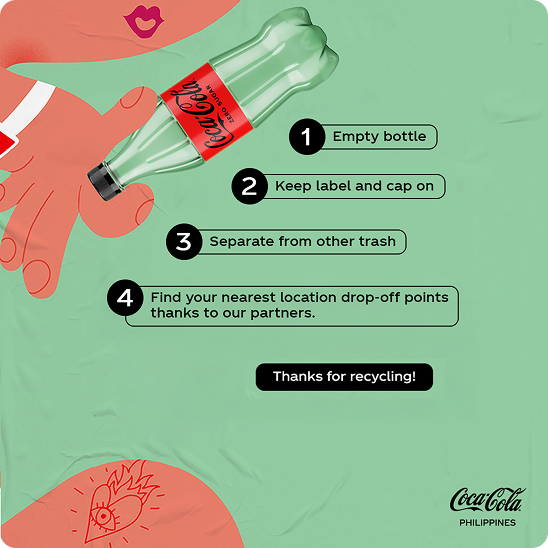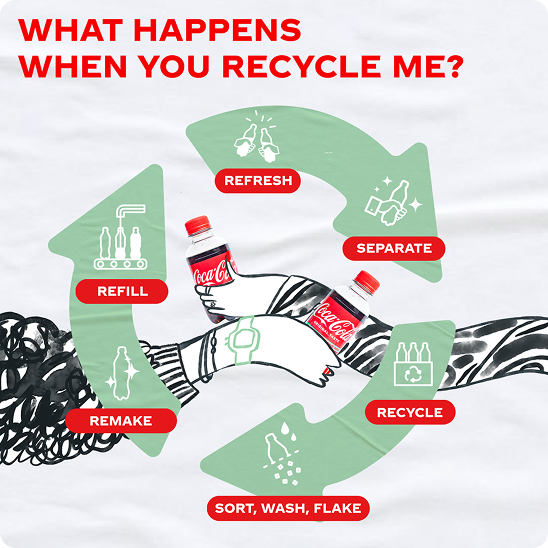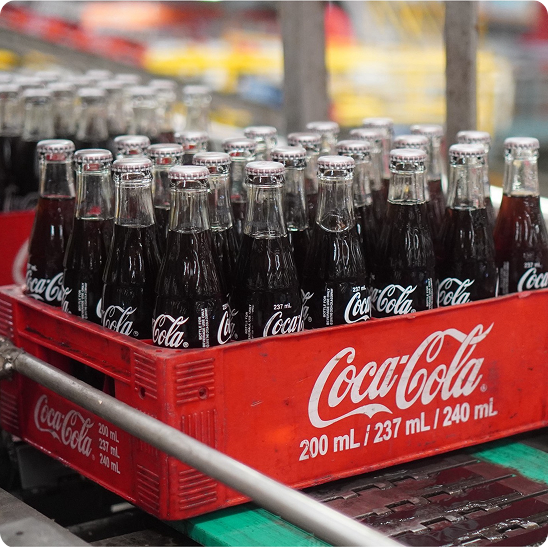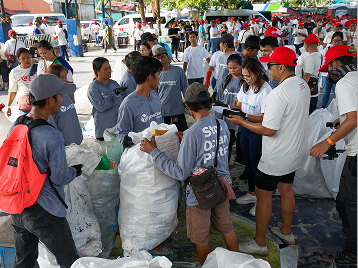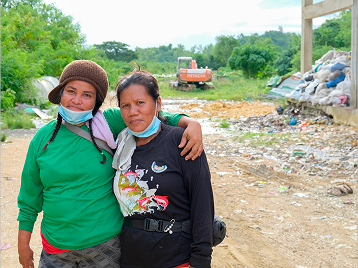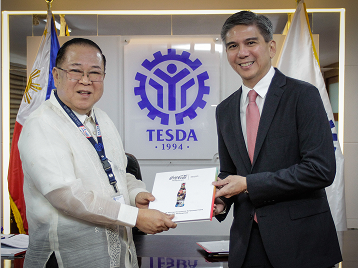
What we are doing in the Philippines
We're making recycling more accessible
Click on the map below to find your nearest collection point
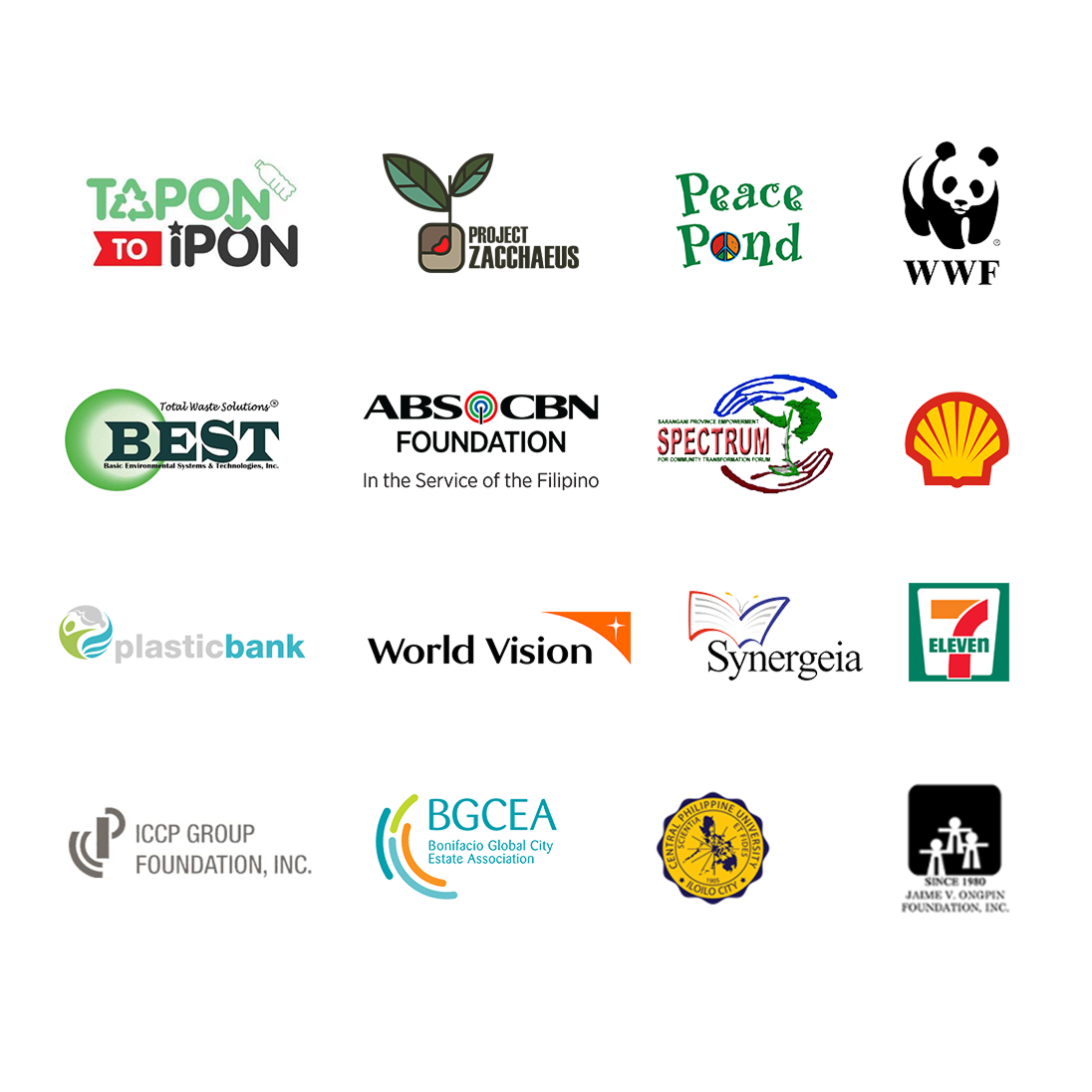
We have expanded our bottle recycling and collection program 'Tapon to Ipon' with over 6,000 collection hubs now in operation nationwide, the initiative aims to make recycling drop off points more accessible to communities across the Philippines. We're also showing up at festivals across the country to make recycling fun & convenient. Look for our Coke contour bottle-shaped bins!
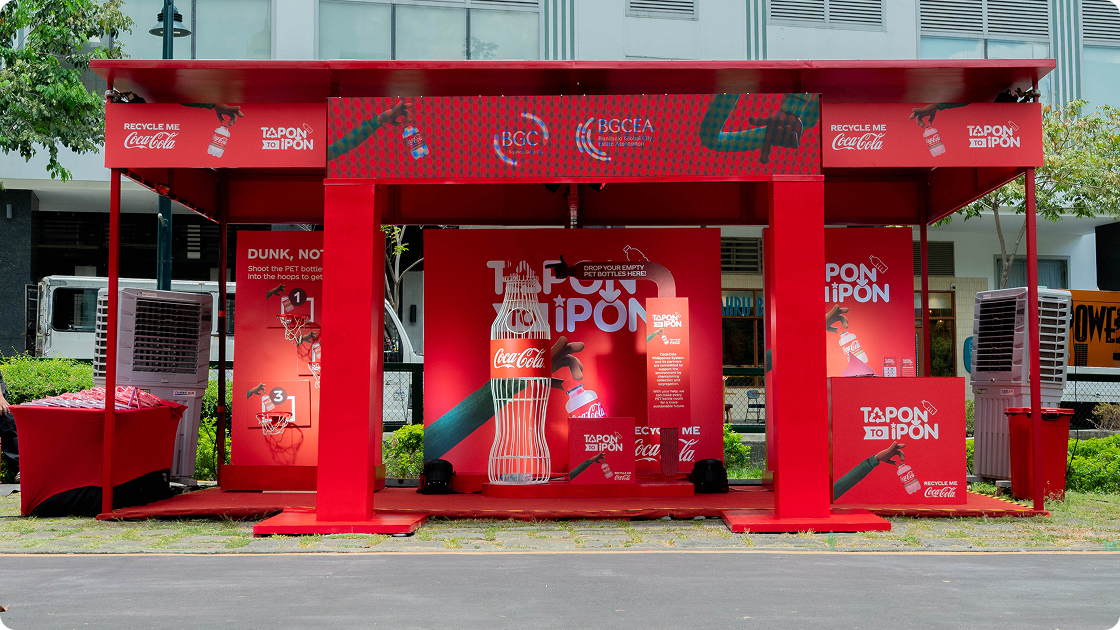
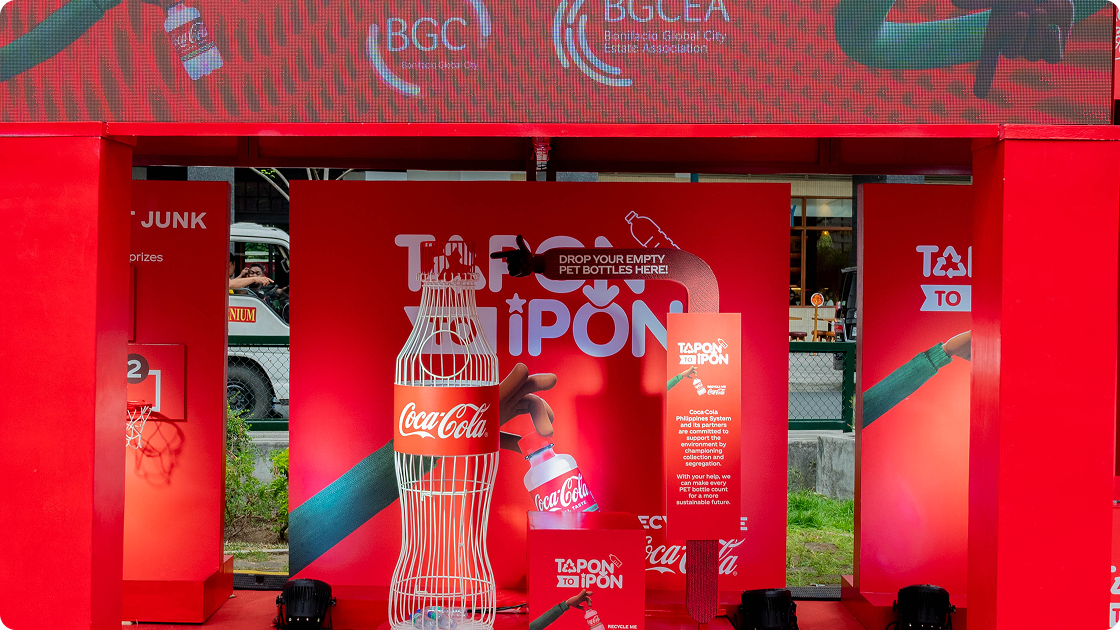
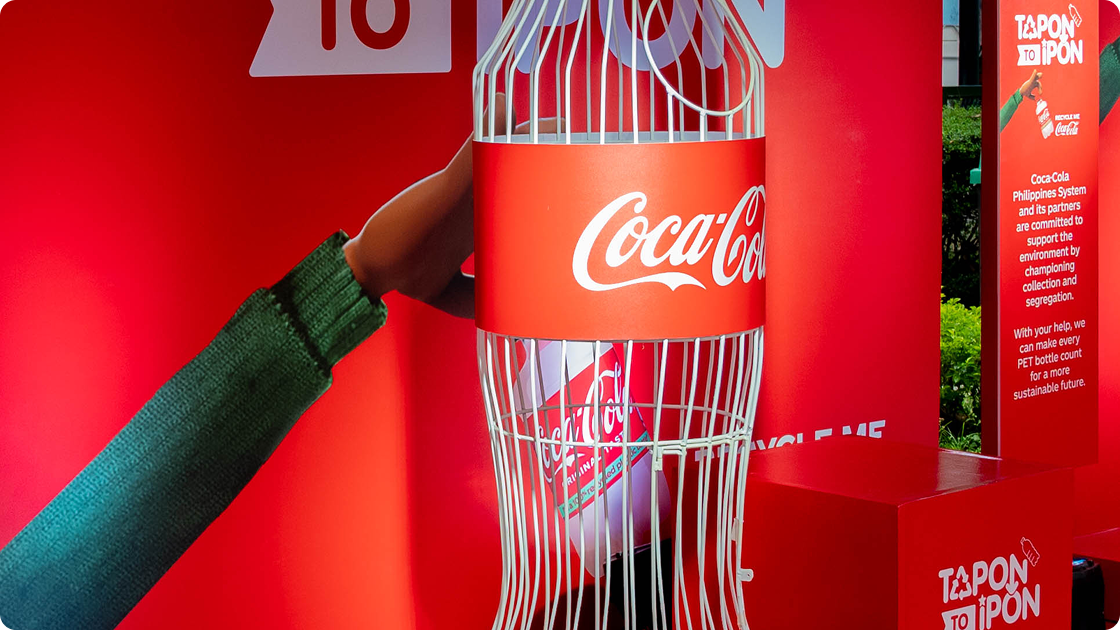
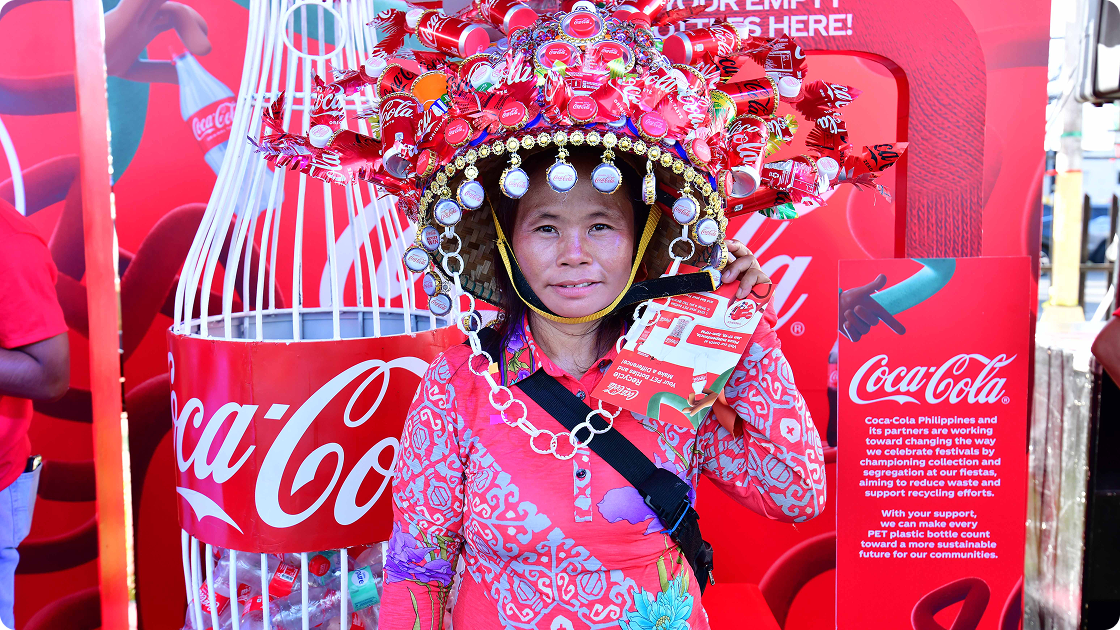
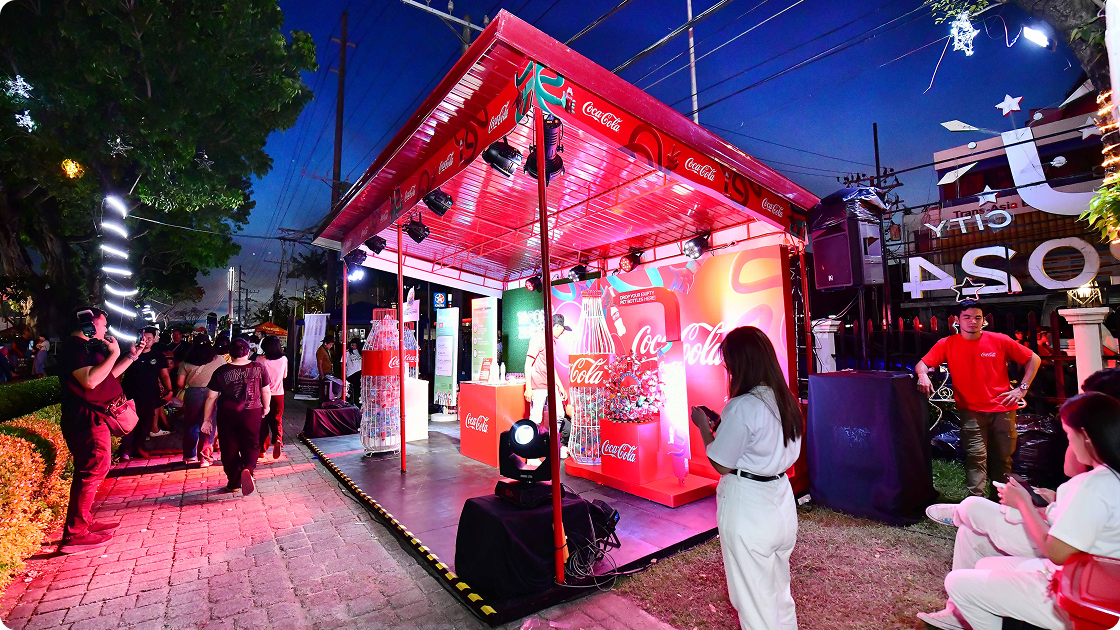
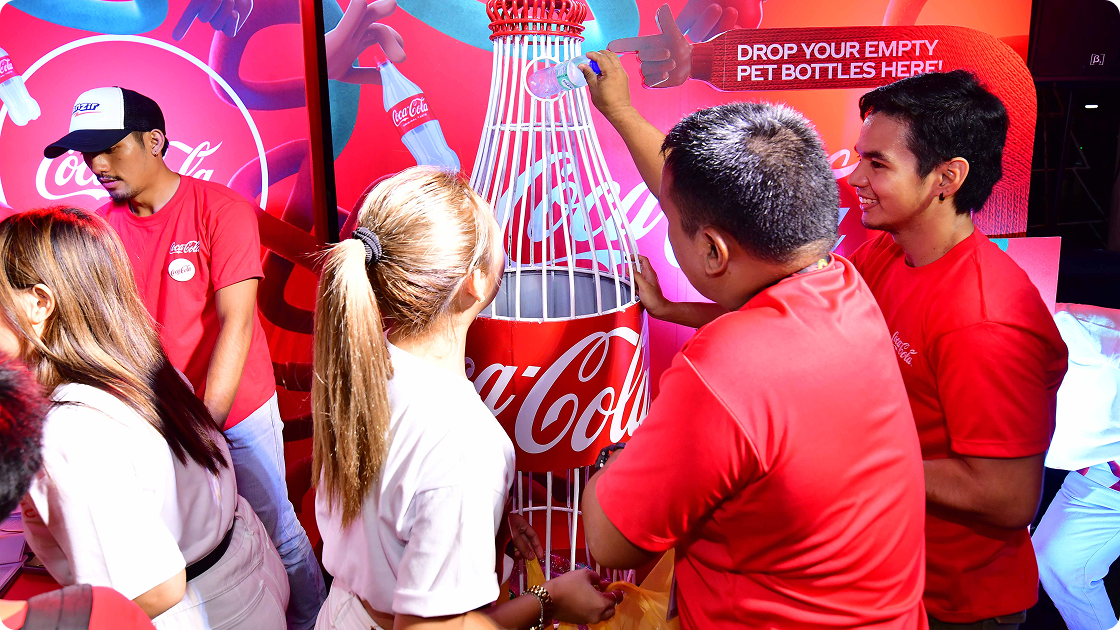
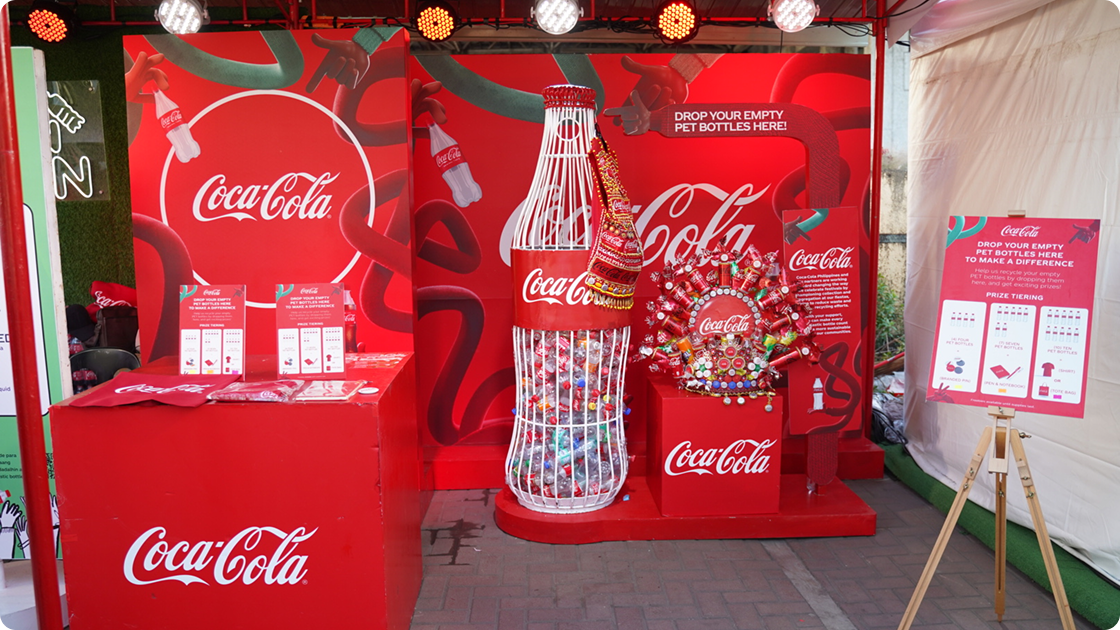
- carousel-1
- carousel-2
- carousel-3
- carousel-4
- carousel-5
- carousel-6
- carousel-7
Latest sustainability news
Frequently Asked Questions
We design our packaging to be recyclable and aim to increase the percentage of recycled material in our primary packaging (plastic, glass and aluminum), including the use of more recycled plastic. The use of recycled content can also help reduce our related potential emissions.
In the Philippines our Coca‑Cola 190ml bottles are made from 100% recycled plastic (excluding caps and labels).
We continue to work to help collect our bottles and cans hand in hand with our partners so they can be recycled or reused.
We have operations nearly everywhere in the world—in more than 200 countries and territories. That means we have a responsibility to accelerate our efforts to help address water stress, protect local water resources and help build community climate resilience—communities’ ability to adapt to these changing conditions.
Since 2015, we have met or exceeded our goal to return more than 100% of the water used in our finished products globally, on an aggregate level, to nature and communities*.
* With support from The Coca‑Cola Foundation, the company’s owned and independent bottling partners and independent suppliers and partners.
We are taking action to help mitigate the impacts caused by climate change, which poses risks to our business and our stakeholders. Our approach considers the links between our sustainability goals to reduce emissions—from sourcing of ingredients to packaging to water use.
We aim to reduce our scope 1, 2 and 3 emissions in line with a 1.5°C trajectory by 2035, from a 2019 baseline*. Achieving this ambition requires additional investments in new technologies and renewable sources and working with bottling partners and suppliers to reduce their direct emissions, which are the company’s Scope 3 emissions.
